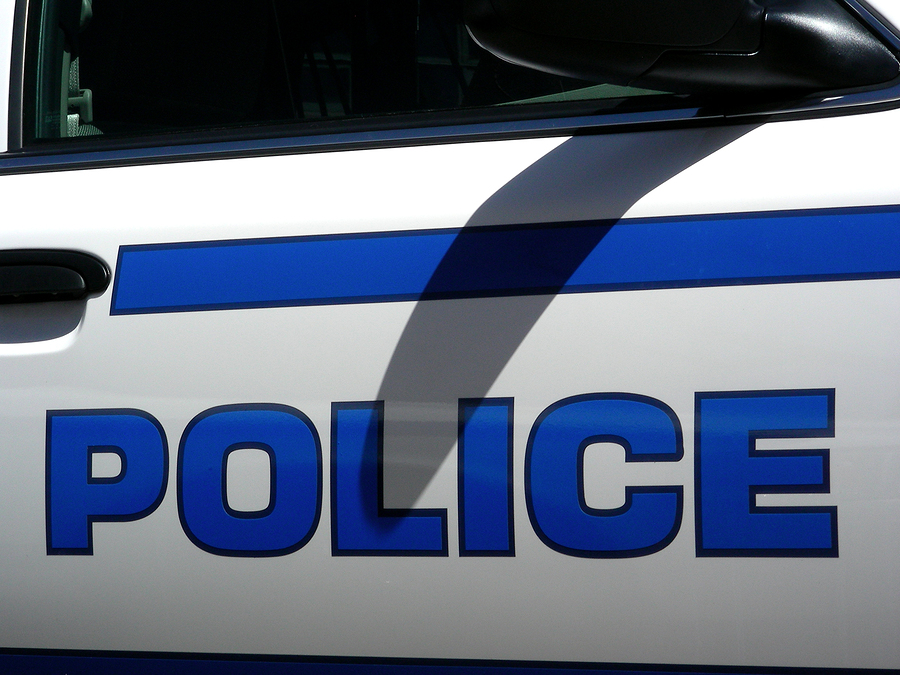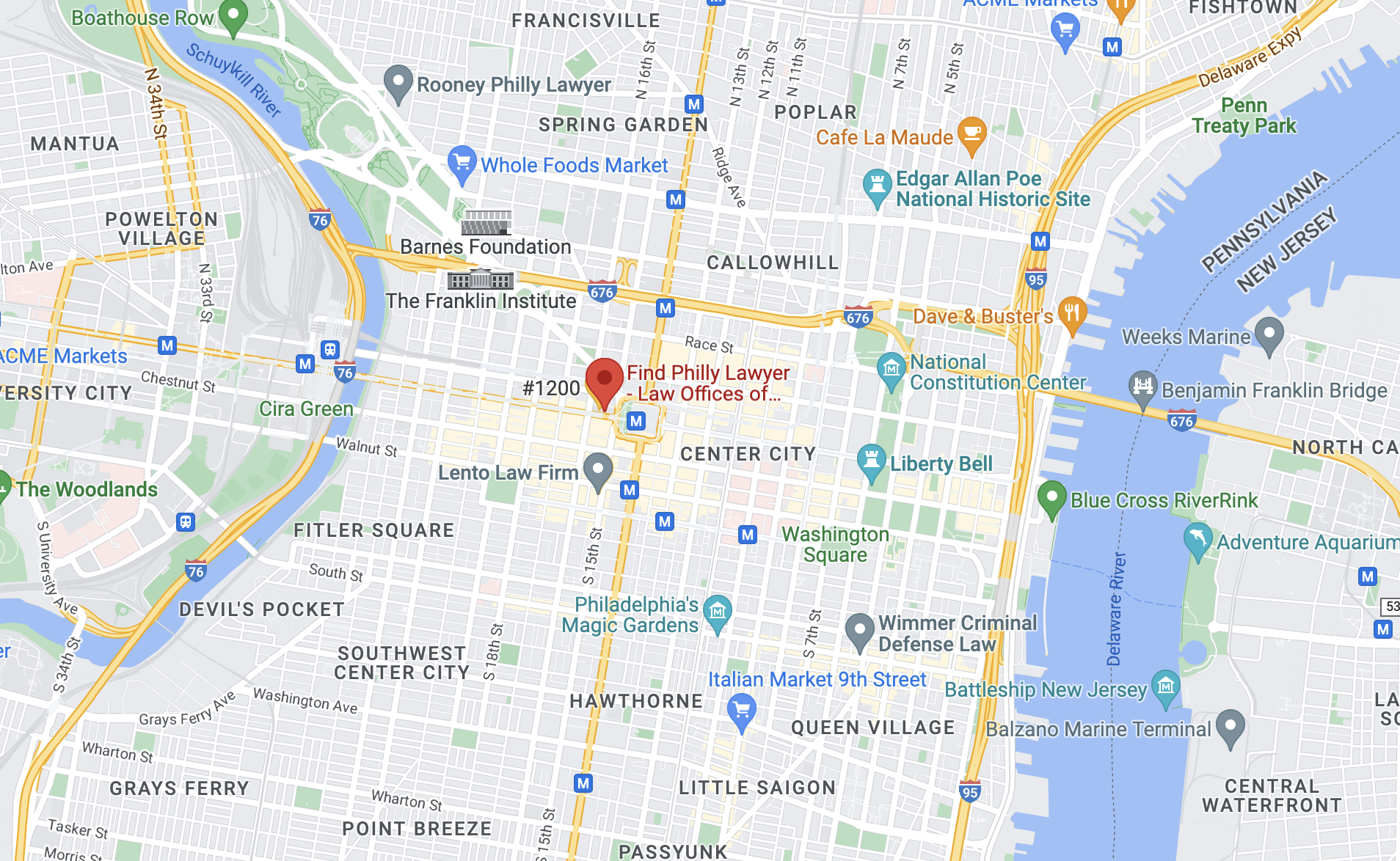Interactions with the police can cause a lot of anxiety, especially when you think that you may get arrested. These interactions can be even more tense if the officer starts ordering you to do certain things or if they briefly pat you down. Your first instinct may be that your rights are being violated. However, that will depend on the circumstances. Sometimes, police can carry out what are called “Terry stops,” where the police briefly detain and pat someone down or ask questions.
In Pennsylvania, a stop made to investigate suspected criminal activity is a Terry stop. Unfortunately, this sometimes leads to Terry stops that should not have happened. If you were charged with a crime due to an unjustified Terry stop, you need legal representation in your criminal case.
For a free, confidential discussion of your case, call (215) 826-3314 and speak to our Philadelphia criminal defense attorneys from The Liberty Law Team today.
Terry v. Ohio Explained
The Supreme Court case Terry v. Ohio involved a police officer noticing some individuals walking back and forth past a storefront multiple times. The officer also noted that after each pass, the group would converse with each other. Believing that the trio was planning to rob the store, the officer went towards the three men and asked them their names. The officer then spun around Mr. John Terry and conducted a pat down, finding a handgun. The officer then ordered the rest of the men into the store and conducted more pat downs, finding more firearms.
At trial, the defense wanted to suppress evidence of the weapons because they alleged they were illegally obtained – the police, the defense alleged, searched the defendants without probable cause. The Supreme Court disagreed and held that the officer had reasonable suspicion that the men were conspiring to commit a crime and therefore was justified in conducting the pat down.
When Does a Terry Stop Turn into an Arrest in Pennsylvania?
It is difficult to identify when a Terry stop has become an arrest. Perhaps the easiest way to understand this is by breaking down police interactions into certain “levels.” The first level would be more or less a friendly conversation. If a cop says “hello” to you and starts asking you about your day, there is probably no suspected criminal activity, and you would be free to go.
The next level would be a Terry stop or investigatory detention where the officer has reasonable suspicion that a crime is or has been committed. At that point, an officer can briefly detain you and conduct a pat down of your person. As soon as you are not free to go, the situation becomes one where Terry applies.
The next level after a Terry stop would be an arrest. One of the most obvious signals of an arrest is that the officer says, “You are under arrest,” and puts you in handcuffs. However, handcuffs can be used during an investigatory detention or while executing a search warrant to prevent the subject from interfering with the officer’s investigation or search. There are cases dealing with the various factors that turn a short Terry stop into a “de facto” arrest that requires probable cause.
Requirements for a Terry Stop in Pennsylvania
The primary requirement for a Terry stop is reasonable suspicion. In Pennsylvania, reasonable suspicion means that the officer has a belief that you have either committed a crime or are going to commit one soon. At that point, they are able to conduct a Terry stop, briefly detain you, and conduct a pat down.
Terry Stops in Traffic
One of the most common places that Terry stops are carried out is on Pennsylvania’s roadways. If an officer sees a car committing a traffic violation, they are able to briefly stop the driver and investigate. For example, suppose an officer saw a driver swerving their car from side to side. The officer would have reasonable suspicion to stop the car and ask the driver questions about where they were going, what they were doing that night, and if they had anything to drink or were on drugs. Plus, the officer already witnessed another potential traffic violation if the driver left their lane of travel, so they already have probable cause to issue them a ticket for that and can investigate further to look for evidence of a DUI during the traffic stop.
If the officer is not presented with any further evidence to support DUI charges, the investigation cannot go far beyond that point. If the officer finds more evidence of DUI, such as empty beer bottles in the passenger seat of a car, the odor of alcohol on the driver’s breath, and an admission that they had five beers, the officer can move on to a DUI arrest.
Terry Stops on Foot
The other common place where a Terry stop may happen is on the street. However, it may be more challenging for a police officer to find reasonable suspicion in this arena. That being said, what an officer is allowed to do is similar to what they can do for a Terry stop in a motor vehicle: they can ask questions and conduct cursory pat downs. However, if an officer wishes to do more, they need to establish probable cause and arrest the stopped individual or get a search warrant.
Your Rights During a Terry Stop in Pennsylvania
Police can conduct a Terry stop with very little by way of proof that a crime is happening, happened, or is likely to happen. All that is needed is reasonable suspicion. However, you also have protections and rights during this process.
You are able to ask the officer if you are free to go. If they say yes, then you can leave. However, if they do not, the situation may have risen to the level of a Terry stop, and you should discuss that series of events with our lawyers if charges are filed.
As mentioned, an officer might be able to put you in cuffs during an investigatory detention, but any time they spend keeping you from going about your day must be reasonably short and they cannot be particularly intrusive in their investigation. A pat down is usually the extent of how far they can go.
Remember that a police officer needs reasonable suspicion to conduct these stops. If they do not have reasonable suspicion, your rights are being violated, and you should speak with legal counsel as soon as possible to prepare a defense against any charges that may be made against you.
Call Our Pennsylvania Criminal Defense Lawyers Now
Call (215) 826-3314 and talk to our Northeast Philadelphia criminal defense lawyers from The Liberty Law Team today.





 Liberty Law Team
Liberty Law Team  (215) 826-3314
(215) 826-3314 lonny@libertylawteam.com
lonny@libertylawteam.com





